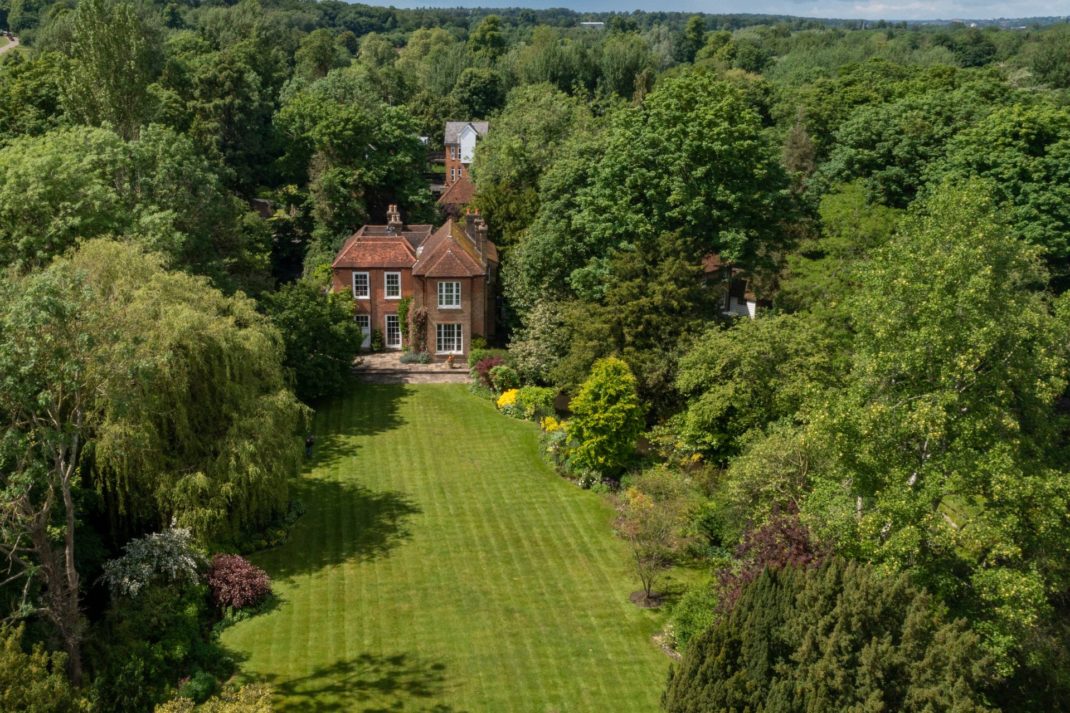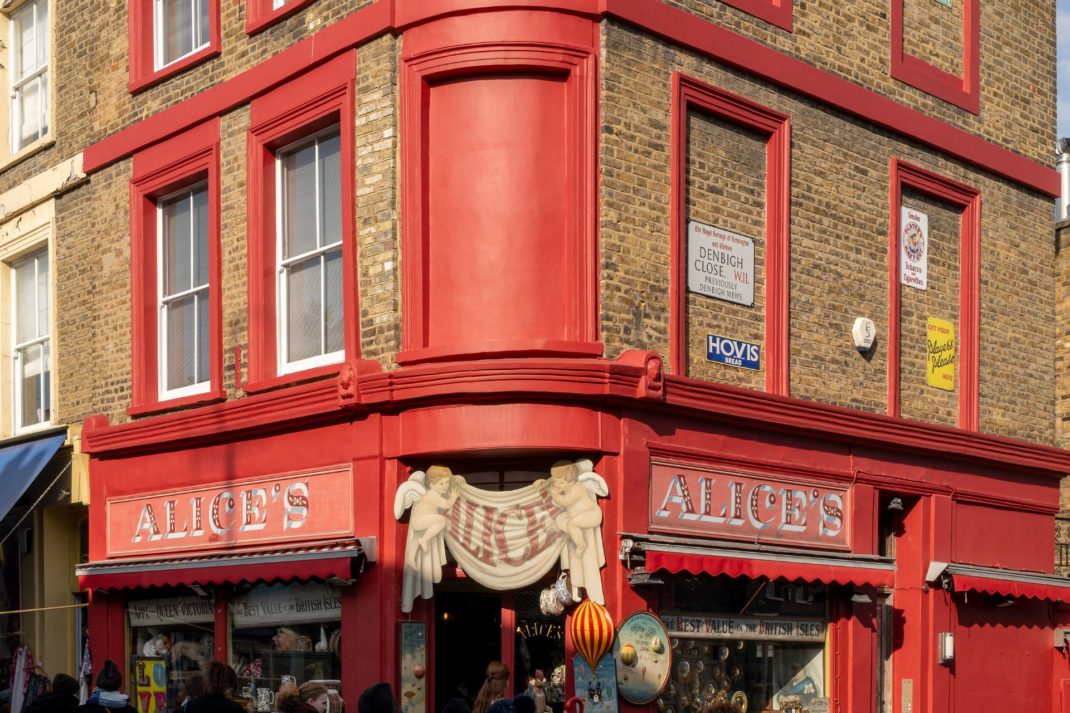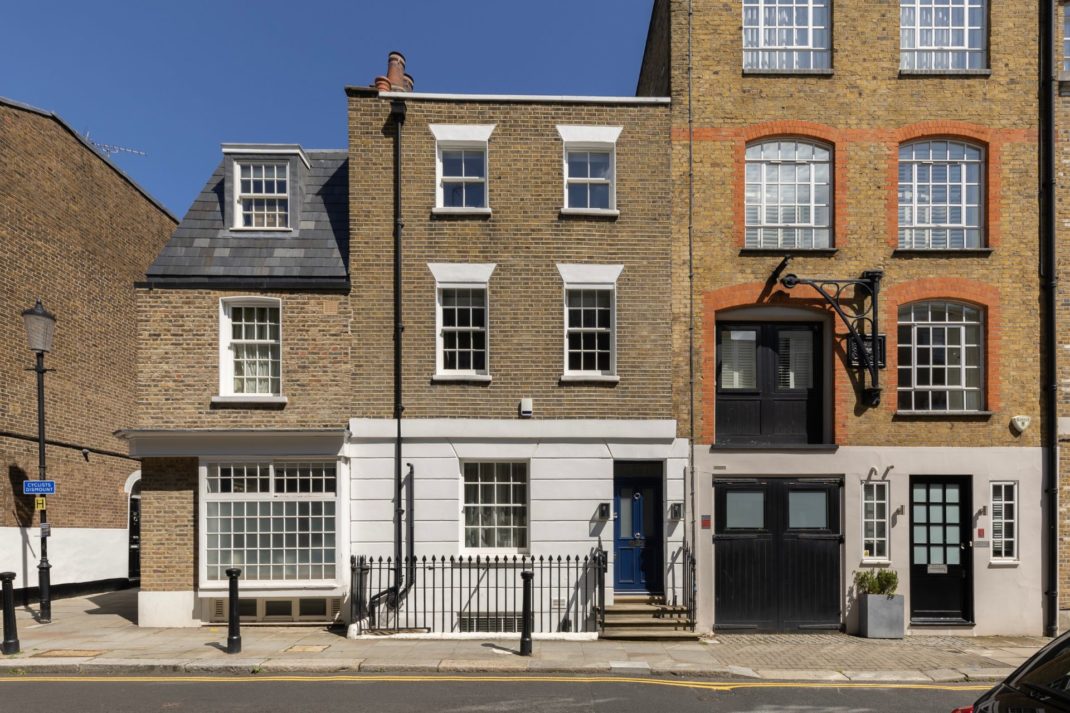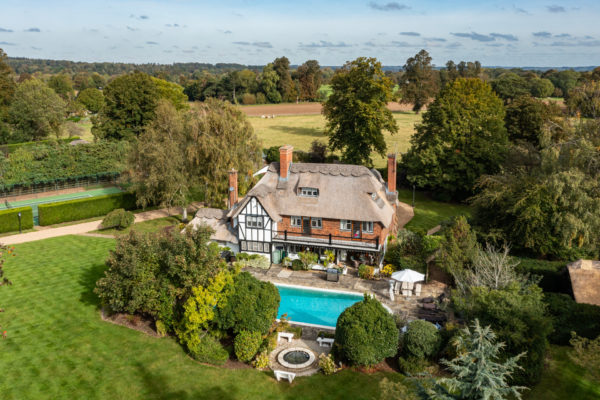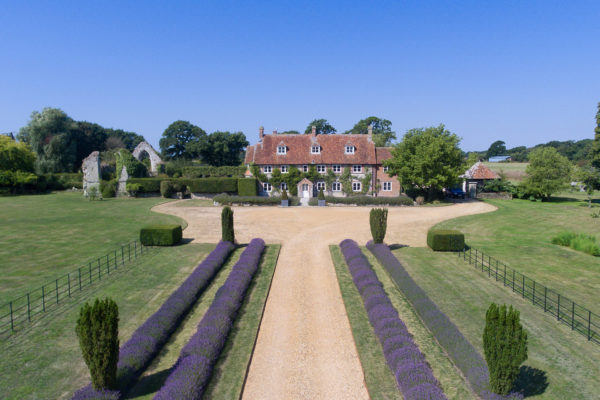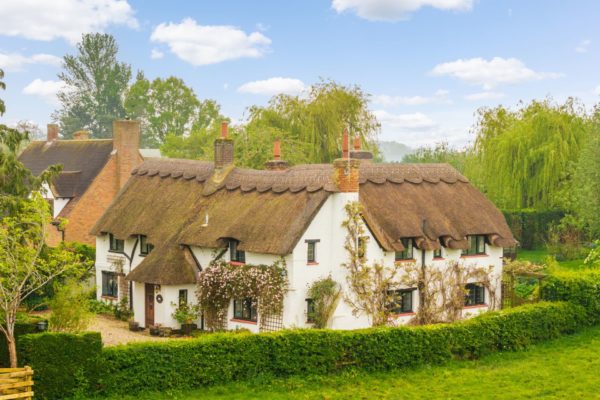What Does The Country Property Market Look Like Post-Pandemic?
By
2 years ago
Experts believe the market is simply returning to business as usual following the Covid frenzy
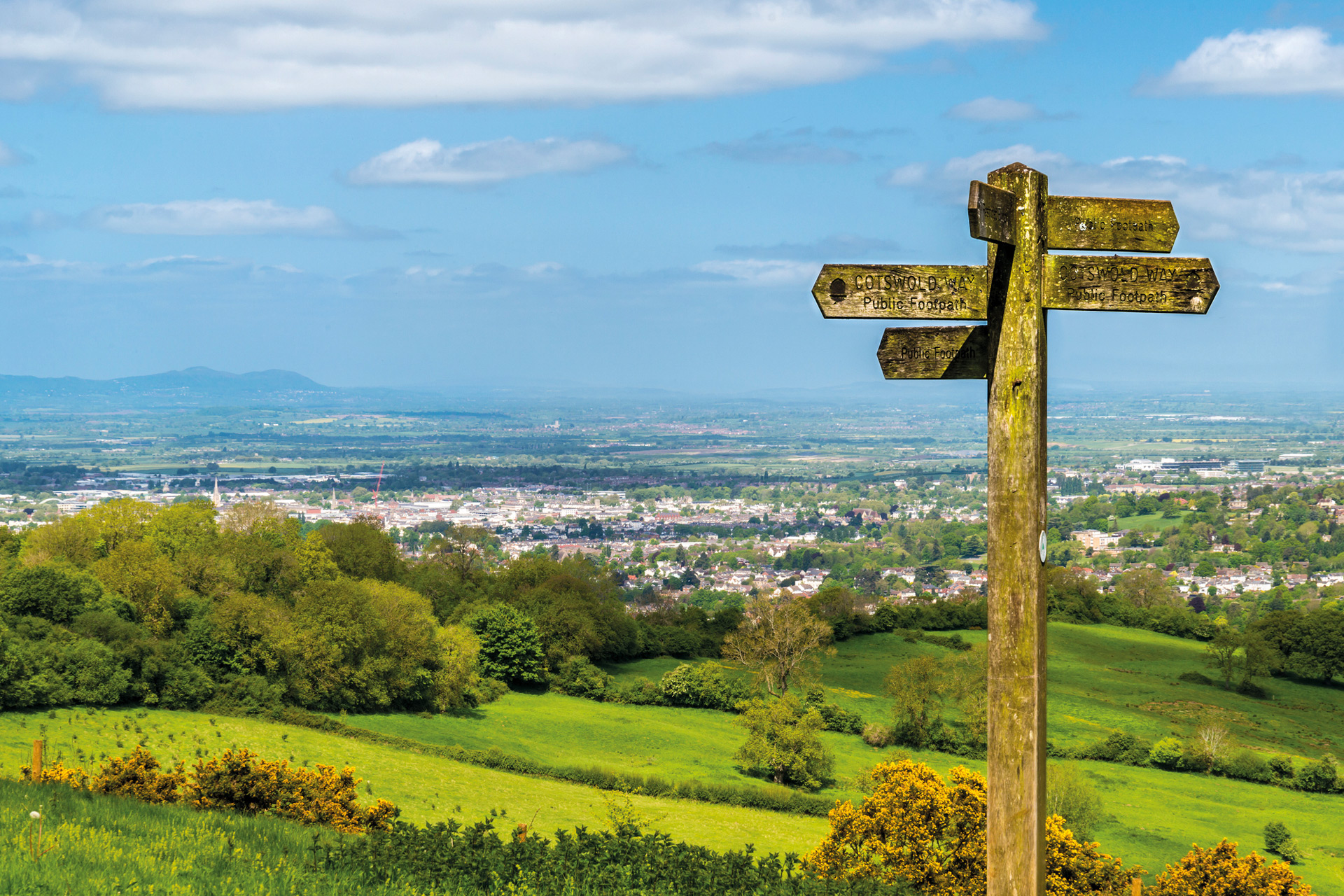
The Covid country property market bubble has burst, says Anna Tyzack. So what’s next? As life marches on post-pandemic, many families are packing up and moving back to the city – although the countryside remains popular, with a shortage of stock meaning many are having to rent.
What Does The Country Property Market Look Like Post-Pandemic?

Getty Images
All summer the narrow lanes around fashionable Bruton in Somerset buzzed with lorries and diggers as a new generation of families renovated the homes they bought during Covid. Yet as annexes went up and pools and padel courts went in, whispers of an impending property market crash couldn’t help but rattle those who made the ‘race for space’ from London during the pandemic. ‘The interest-rate brakes being applied more strongly to slow the economy are now beginning to bite in the housing market,’ confirms Tim Bannister, Rightmove’s director of property science.
With the gloomiest pundits forecasting a 20 percent drop in prices, which would wipe off much of the gains made during the pandemic, the worry is the country house will return to how it was before Covid, when prices looked cheap compared to London and anything outside the commuter belt took months to sell. During the pandemic, prices rose more than £100,000 in five regions, with London buyers as far down the tracks as Devon, Norfolk and Yorkshire for a period property with a buffer of paddocks and a pool to cool off in post conference call. The average value of a detached house now stands 25 percent higher than it was at the start of 2020, according to figures from the Halifax, yet Ed Rook, head of Knight Frank’s country department, admits that a cooler wind is blowing with fewer buyers, fewer transactions and prices coming off.
There are certainly a number of good reasons not to buy a sprawling country house this autumn: high living costs and rising borrowing costs with interest rates the highest in 15 years. Plus, there’s the dreaded call back to the office. Even Zoom, pioneer of the video call, is demanding its employees work at least part of the time from the office. In a recent survey of members of the Royal Institution of Chartered Surveyors, a clear majority predicted that house prices will be lower in a year’s time.

Getty Images
Those who missed out during the pandemic buying frenzy will appreciate this calmer market, Rook says, but if they’re waiting for prices to collapse they can think again – the market is simply returning to business as usual following the Covid frenzy. ‘Demand was unprecedented and it was never going to be sustained at those levels,’ he points out. ‘Demand generally for city and rural properties is now back to normal.’
Even with interest rates on the rise, there’s too much equity in the country property market for there to be the fire sales the newspapers are gleefully forecasting, adds Tom Hudson, a property finder with Middleton Advisors. A third of the properties in the country are mortgage free and for those over £3m plus the figure is closer to 50 percent. ‘Debt is thus small enough that the mortgage crisis isn’t making a big difference,’ Hudson explains. ‘There might be a few strategic sales, particularly around the coast where people have overstretched themselves for a second home, but for the most part people will sit on their hands rather than trade for a lower price.’
Already the building societies’ housing indices are reporting small price falls (three percent for Halifax and four and a half percent for Nationwide) but prices in the prime country property market have stayed much the same since they shot up, Hudson says, even though transaction levels are down. In worst case scenarios Knight Frank’s country department is witnessing a five percent deceleration, according to Rook, but prices, he confirms, are by no means tanking. Kallum Pickering, a senior economist at Berenberg, who originally predicted a ten percent drop in prices, is now forecasting that they will bottom out before growing again in the second half of 2024 and beyond as the economy strengthens, a hypothesis shared by both Hudson and Rook.
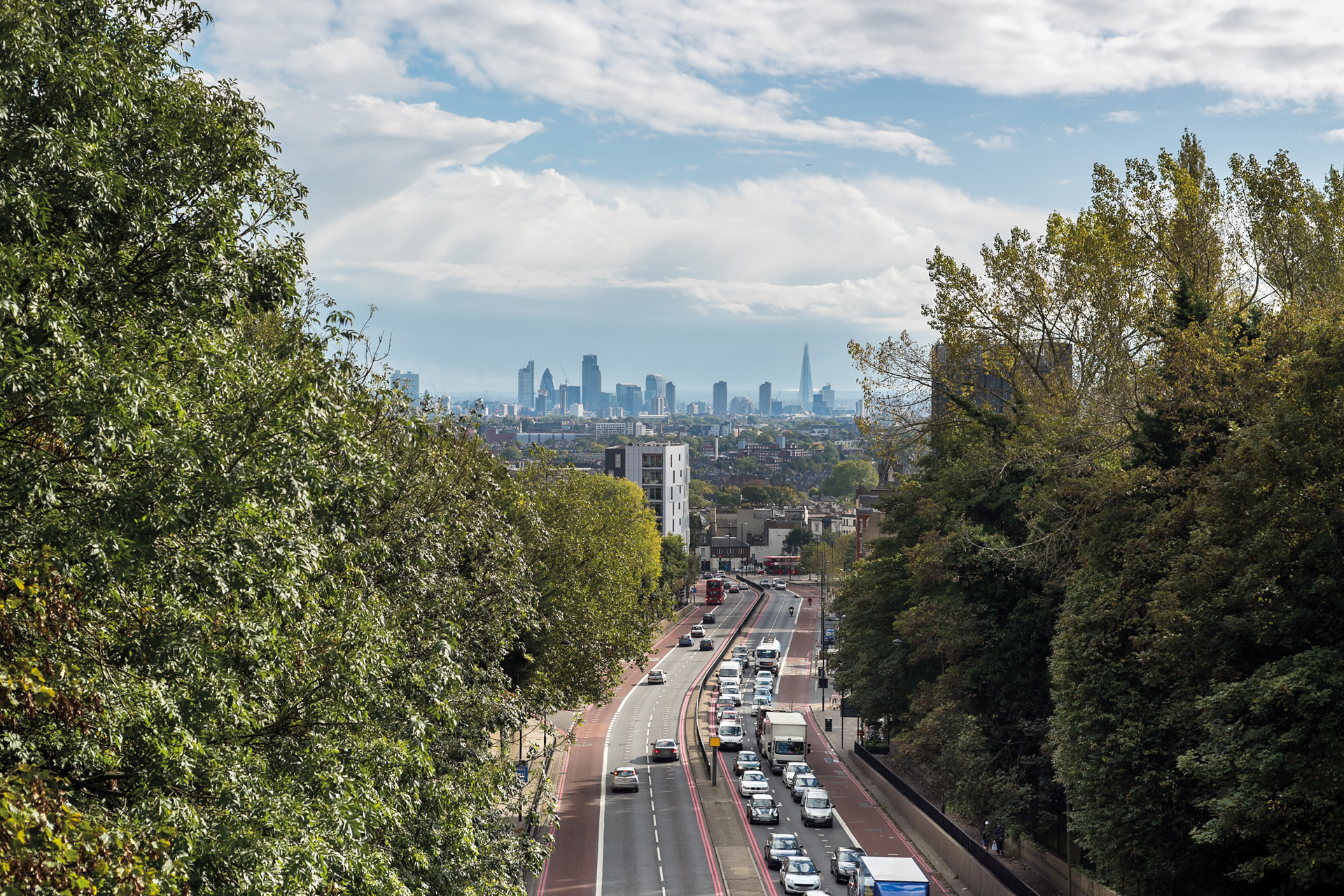
Getty Images
While those with a desk in London will be less inclined to buy in Penzance, the call back to the office will not kill the country market, insists Hudson, as flexibility is still there for most workers. ‘The countryside appeals for all the same reasons it did during the pandemic and commuting is only getting more comfortable – the Elizabeth Line, for example, has made travelling to London much easier from parts of Hampshire and Berkshire,’ he says. Meanwhile, living in the countryside is more convenient, too, Rook adds, with an improved sense of community post-Covid and better pubs and amenities.
Frustratingly, for those looking to buy a country house this autumn, there is a dearth of quality £2 million-plus country houses for sale. Homeowners are less inclined to sell than ever, Hudson explains, due to high stamp duty costs and the lack of anywhere decent to move to, and this is leading to overvaluing as estate agents compete for new stock. Hudson recently heard of a house that was valued by three separate agents at £4.5 million, £5.5 million and £9 million, eventually finding its market at £5 million.
Those country properties that are correctly priced, meanwhile, are still regularly selling for over their guide: estate agency The Country House Department has agreed £86,620,000 worth of sales so far in 2023, with the collective guide prices being almost £2 million less. ‘We know of families who moved out of London in the wake of Covid into rented houses near their children’s new school while they searched for a house and are now going into their third year of renting,’ says Andrew Russell, co-founder of The Country House Department. ‘The shortage of stock is the principal reason that prices have not significantly, and this isn’t likely to change any time soon.’
The elephant in the room for this sector of the property market is the possibility of a Labour government removing independent schools’ charitable status, prompting a fee hike that many parents won’t be able to weather. Yet even if this happens, Hudson doesn’t predict country property prices will crash or even correct significantly. ‘Some parents will have to take their children into the state system but good independent schools will survive and best-in-class houses within reach of them will always be sought after,’ he says. Rook agrees: the countryside, he says, is part of a stage in life for many families and for them it will always be irresistible.

